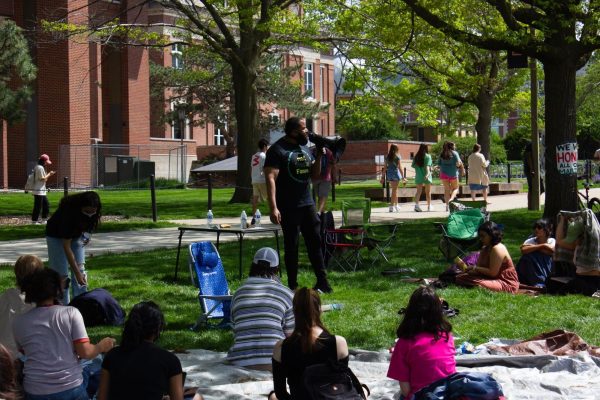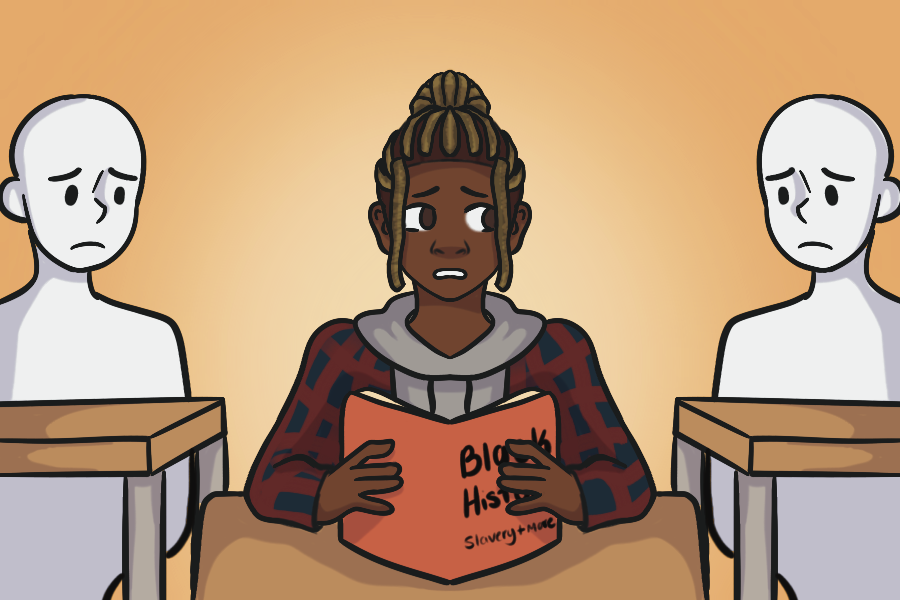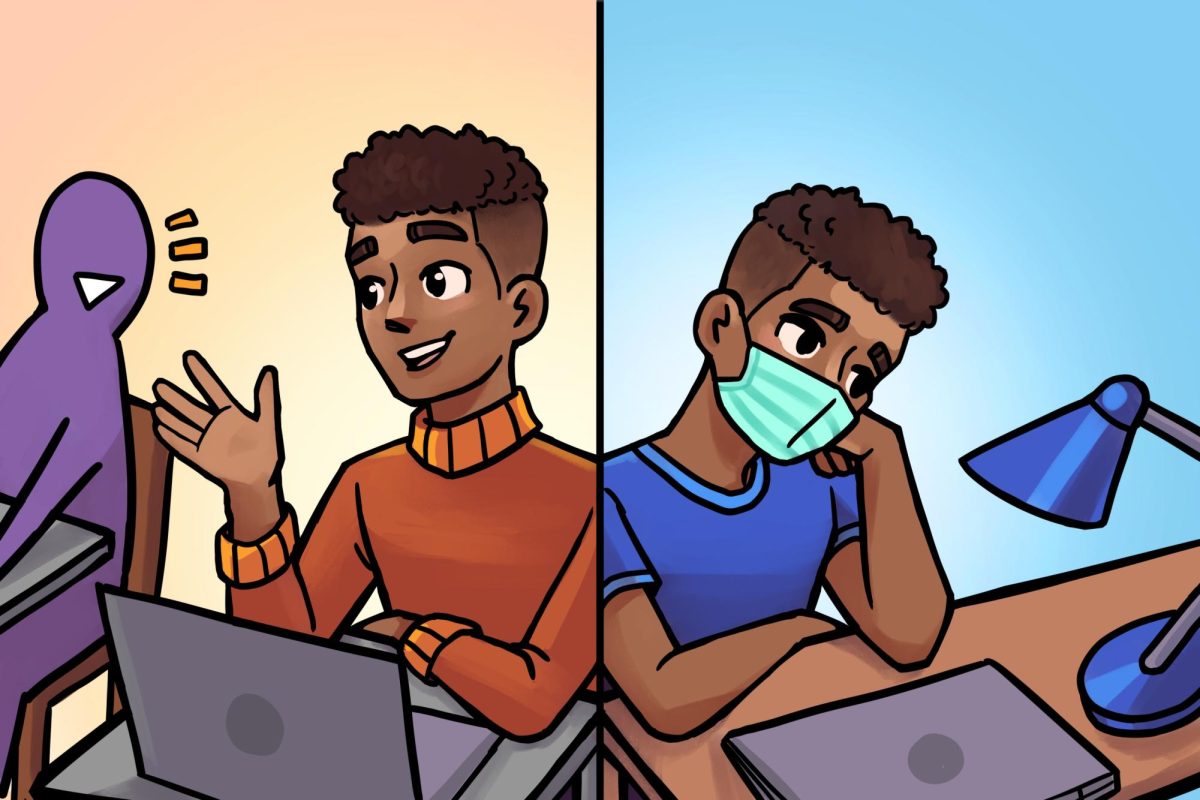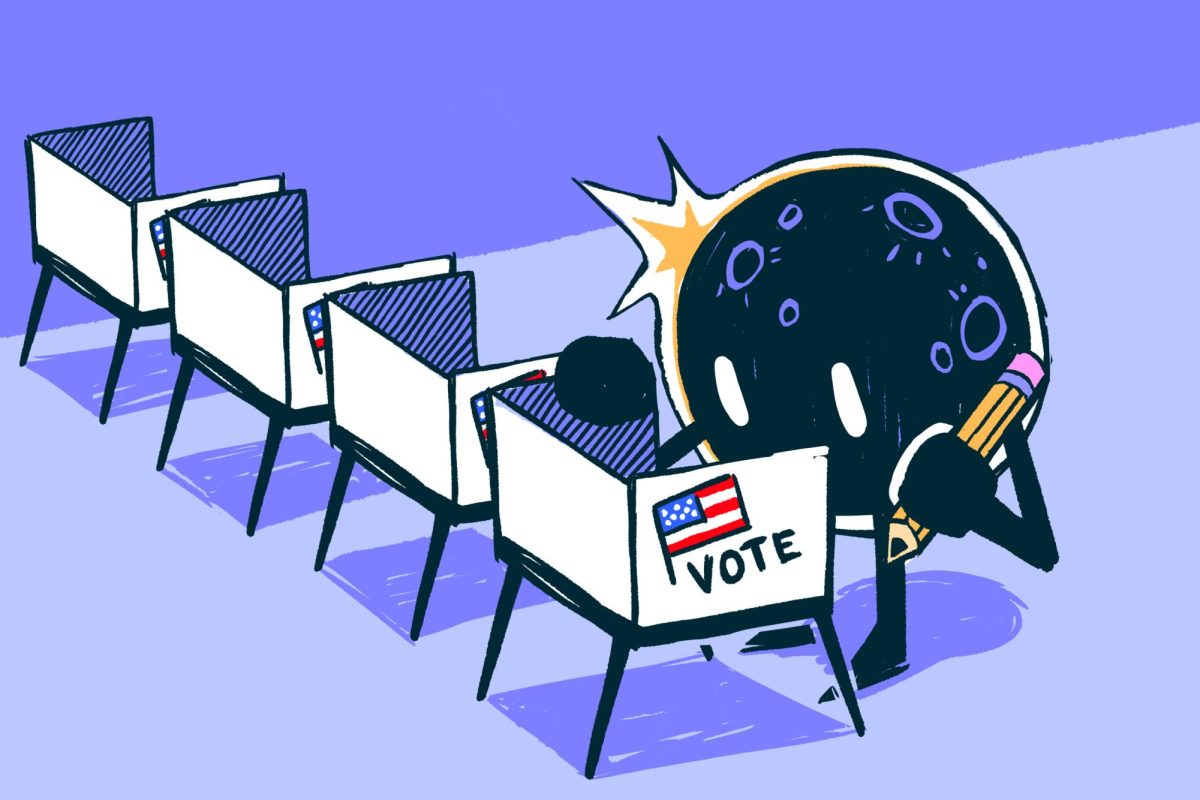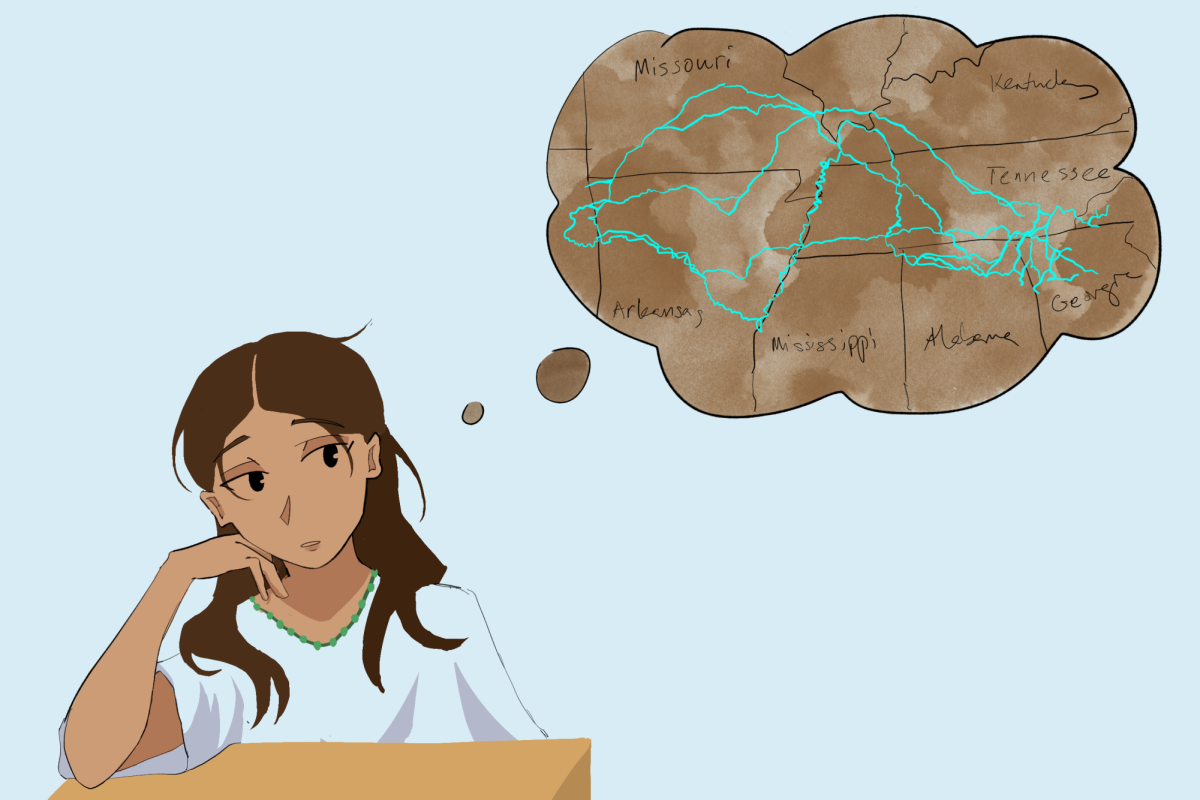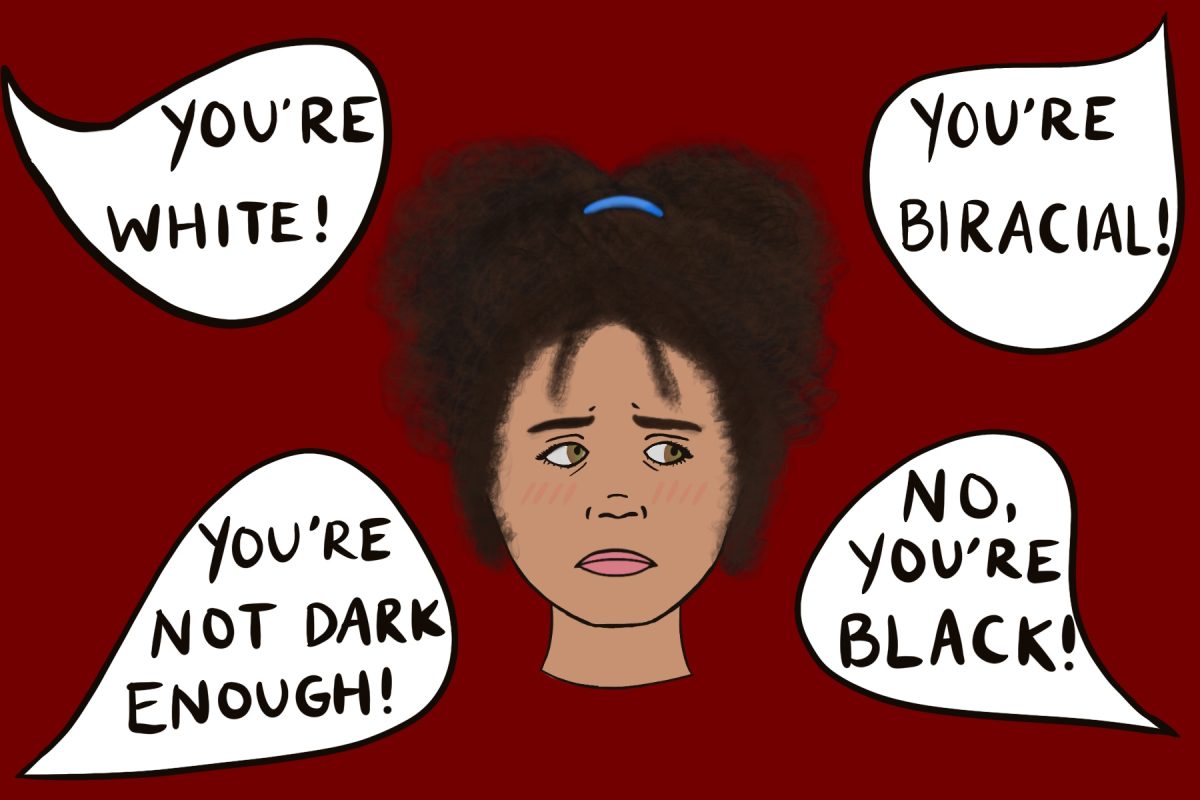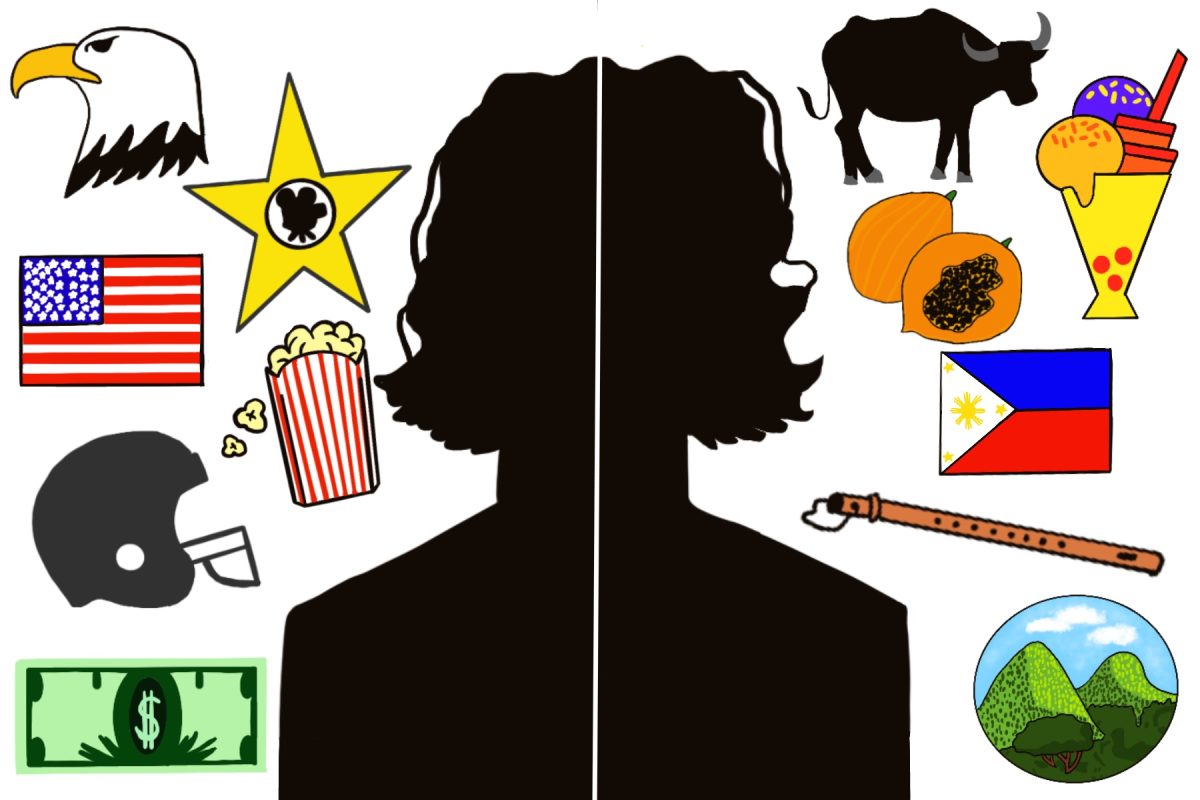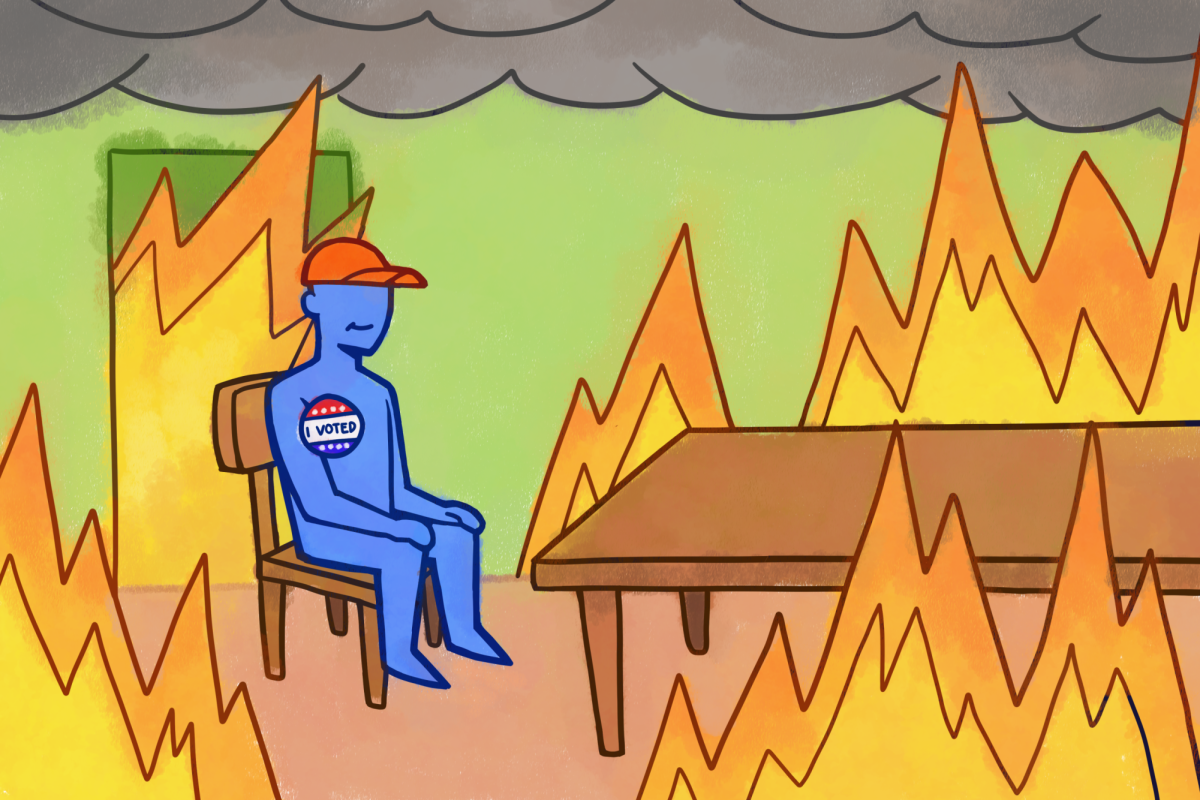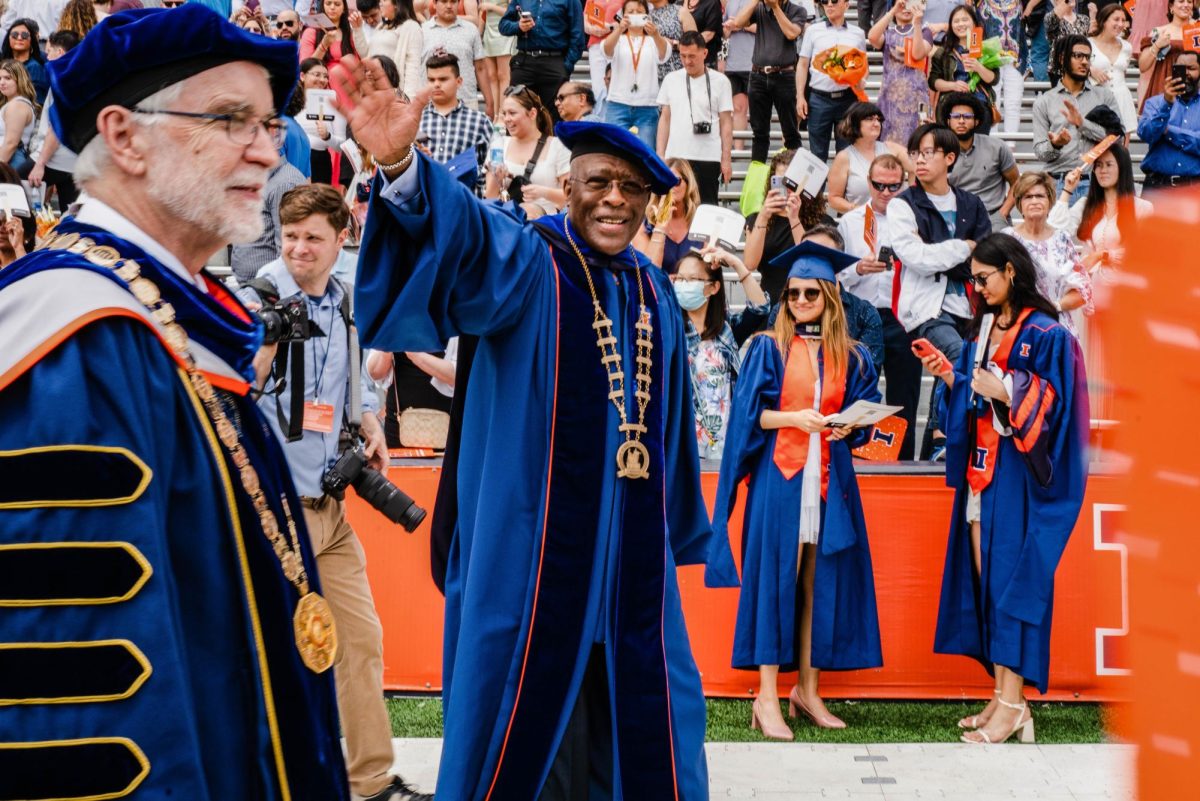Throughout the duration of my educational journey, I was taught that Black history began with the enslavement of African Americans. My history teachers always dedicated at least a week to watching clips from “12 Years a Slave,” reading sections from Fredrick Douglass’ autobiography and traumatizing the entire class by showing that one infamous photograph of Whipped Peter.
I vividly remember the pitiful stares from my white classmates, patronizing the “fact” that this was all I had to bring to the table in terms of my Black history. Because we’d always start and end my people’s journey at this Peculiar Institution.
But I always had a feeling that there was more to the story. It was not until one day recently in AFRO 100: Intro to African American Studies that I finally found what I was looking for — at age 18, in my freshman year of college.
Professor Erik McDuffie led a discussion that lasted only about an hour long, yet covered more about my history than my entire high school career ever did.
I learned that Black history does not begin in 1776 and end in 1865 as we were taught. New World slavery was just one moment in history for Africa amid millions of years of existence. In actuality, Africa is the birthplace of humanity: Humans first evolved in Africa and all of humanity shares an African heritage somewhere down the line.
Get The Daily Illini in your inbox!
Africa saw the rise of great kingdoms and hosts a wide diversity of ethnicities, art, cultures and languages. African civilizations had tax systems, irrigation systems and universities.
The first and most influential challenge to my thinking was the idea that slavery is parallel to Blackness. The term slavery has its origins in the root word “Slav.” Slavs are a European ethnic group that was once the vast majority of people enslaved by Germans during the Middle Ages.
Societies have enslaved people for years prior to the creation of American capitalism and the concept of race. Equating slavery with Blackness is a persistent historical narrative. To tie Blackness to slavery basically says that there was never a moment of social life to begin with — that we are not real human subjects.
We need to drop this narrative completely in order to recognize that Black people are more than the history of American slavery.
It was not until that session that I realized how often I equate Blackness to tragedy. We need more lessons on Black joy, love and achievement in academia. Rarely do we learn about the accomplishments of Black men and women; we are taught that all of our great inventions, accomplishments and literature were the products of white people.
Yet capitalism was built on the backs of Black women and their reproductive labor, or the work required to sustain human life and raise future generations.
Black people are artists, storytellers, soldiers, architects — the list goes on. We are more than absent fathers, crime in the city and basketball players.
The fact that it took this long to learn about Africa and destroy misconceptions is ridiculous. American history has always been told from a European perspective, despite the fact that Africans built this nation from the ground up.
Take Gov. Ron DeSantis’ curriculum ban, which is simply history repeating itself — the exact thing Black studies courses aim to prevent. This is a Jim Crow-era move that is so blatantly racist, bearing this historical pattern in mind.
Our education system is flawed. It’s clear there have been attempts made to silence our history. This isn’t just an issue with African Americans; we are taught that Chinese history begins and ends at railroads, Japanese history begins and ends at Pearl Harbor and Indigenous history begins and ends at smallpox.
We are taught that Jesus was a white man, that the pilgrims saved Native Americans from savagery and that Abraham Lincoln freed the slaves because he thought slavery was wrong. American historians and educators have presented to us a whitewashed version of our world, because if we view white people as the heroes, saviors and champions, we’ll view them as superior.
And if we view ourselves as slaves and savages, we’ll view ourselves as lesser than.
The concepts we learned through the American education system have been insufficient. Hopefully, you will consider taking an African American Studies course in order to expose yourself to the true history of African Americans.
AFRO courses are not meant to bash white people or indoctrinate; rather, they allow us to have a deeper understanding and appreciation for African Americans and their contributions to this country after they have long been demonized.
Some powerful words come from an interview with McDuffie, where he said, “African American studies is focused on the well-being, brilliance, lives and freedoms of African-descended people. But it’s really — at its core — about making the world better for everybody. Even white people.”
Africans have a rich history. I’m tired of people acting like we don’t. We are more than slaves. Africa is everywhere; it’s in all of us, whether we want to accept that or not. We need to do better when it comes to educating our students on what is all of our history. That can only be accomplished through raw education.
Jasmine is a freshman in Media.





